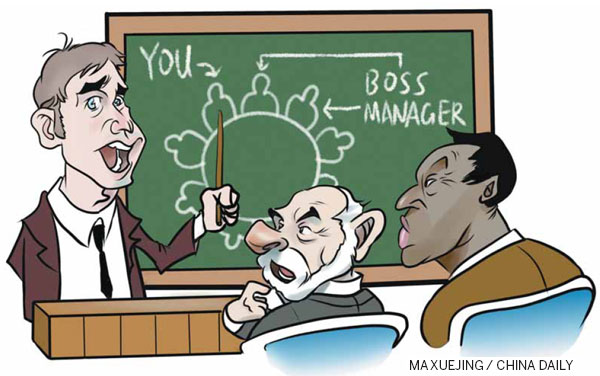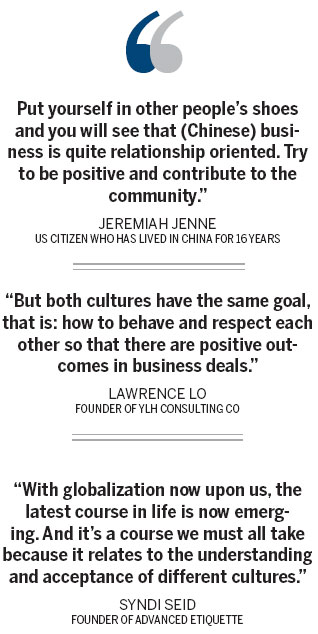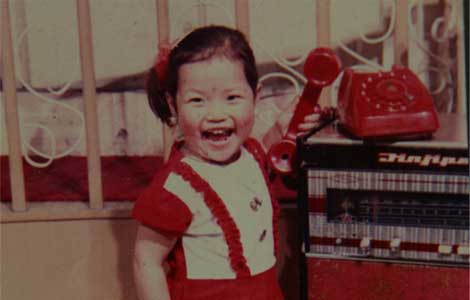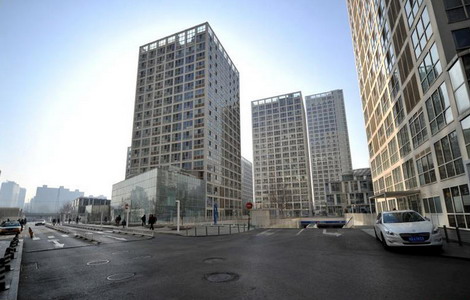Professionals find appetite for etiquette
Updated: 2014-01-29 07:18
By Zhang Yuchen (China Daily)
|
||||||||
Crossing the cultural divide can be a real education, Zhang Yuchen reports in Beijing.
'If one does not learn good manners, one can never succeed," states a verse from The Analects written by Confucius in about 500 BC.
Although the works of the great sage and philosopher were the cornerstone of Chinese education for millennia, especially in the training of intellectuals and civil servants, they have become indispensable reading for businesspeople both in the East and West in an era of rampant globalization.
|
 |
By 2016, China is likely to be one of the world's most popular tourism markets. Tens of millions of visitors from overseas will flock to the country for business, sightseeing and other leisure activities, or to visit friends and relatives.
Despite the many centuries that have passed since Confucius wrote his work, his message still remains relevant in today's society.
"Whenever there are disconnects in communications and the style of doing business between any two or more individuals - regardless of them being from the same country - this can and does lead to disharmony and a loss of business," said Syndi Seid, a graduate of the prestigious Protocol School of Washington, based in the United States' capital.
Seid is also founder of Advanced Etiquette, a company that teaches businesspeople the rights and wrongs of professional conduct.
So to avoid committing a social faux pas, what sort of business etiquette should one take into consideration when crossing the cultural divide?
Old story, new lessons
Table manners are an excellent example of how the pleasure of doing business can be affected by cultural differences. For example, if a Westerner sees a Chinese person slurping their soup, shoveling rice into their mouth from a bowl, or perhaps using a toothpick in front of everyone at the dining table, they may assume that person to be poorly educated.
However, this is untrue; practices such as these have been acceptable in China for thousands of years and have nothing to do with a person's level of education.
Why then, is it seen as good etiquette in China to slurp soup? Seid's investigations revealed that it's because the Chinese believe in serving food piping hot as an indication of freshness. So, soup must be cooled before it becomes palatable. Slurping allows the diner to cool the food as it's eaten.
While this has been a common practice in China for centuries, in Western countries the opposite is held up as good manners. Food is rarely served at extremely hot temperatures, because the diner could be scalded or burned and so cooling would be a necessary requirement before consumption. As a result, it's considered extremely rude to make any sort of noise while eating because disturbing another person's quiet enjoyment of their food is regarded as poor manners. Additionally, science has revealed the potential risks in ingesting extremely hot foods, because they can burn your mouth and may also cause throat cancer.


 Putin pays tribute to Siege of Leningrad victims
Putin pays tribute to Siege of Leningrad victims
 Chinese ace Li Na before she was famous
Chinese ace Li Na before she was famous
 Xi visits soldiers on frozen northern border
Xi visits soldiers on frozen northern border
 Premier calls for action to relieve poverty
Premier calls for action to relieve poverty
 Tough Guy event in England
Tough Guy event in England
 Syria talks bring offer of exit from siege of Homs
Syria talks bring offer of exit from siege of Homs
 Anti-World Cup protests wane in Sao Paulo
Anti-World Cup protests wane in Sao Paulo
 India celebrates 65th Republic Day
India celebrates 65th Republic Day
Most Viewed
Editor's Picks

|

|

|

|

|

|
Today's Top News
Japan should learn from Germany: US expert
Bird flu prompts countermeasures
Hotline on way for Chinese abroad
Call made for special currency
South China Sea archives open in Hainan
Some good US advice for Japan on comfort women
US, UK in app-tapping scandal
Border control for H7N9 tightens
US Weekly

|

|







